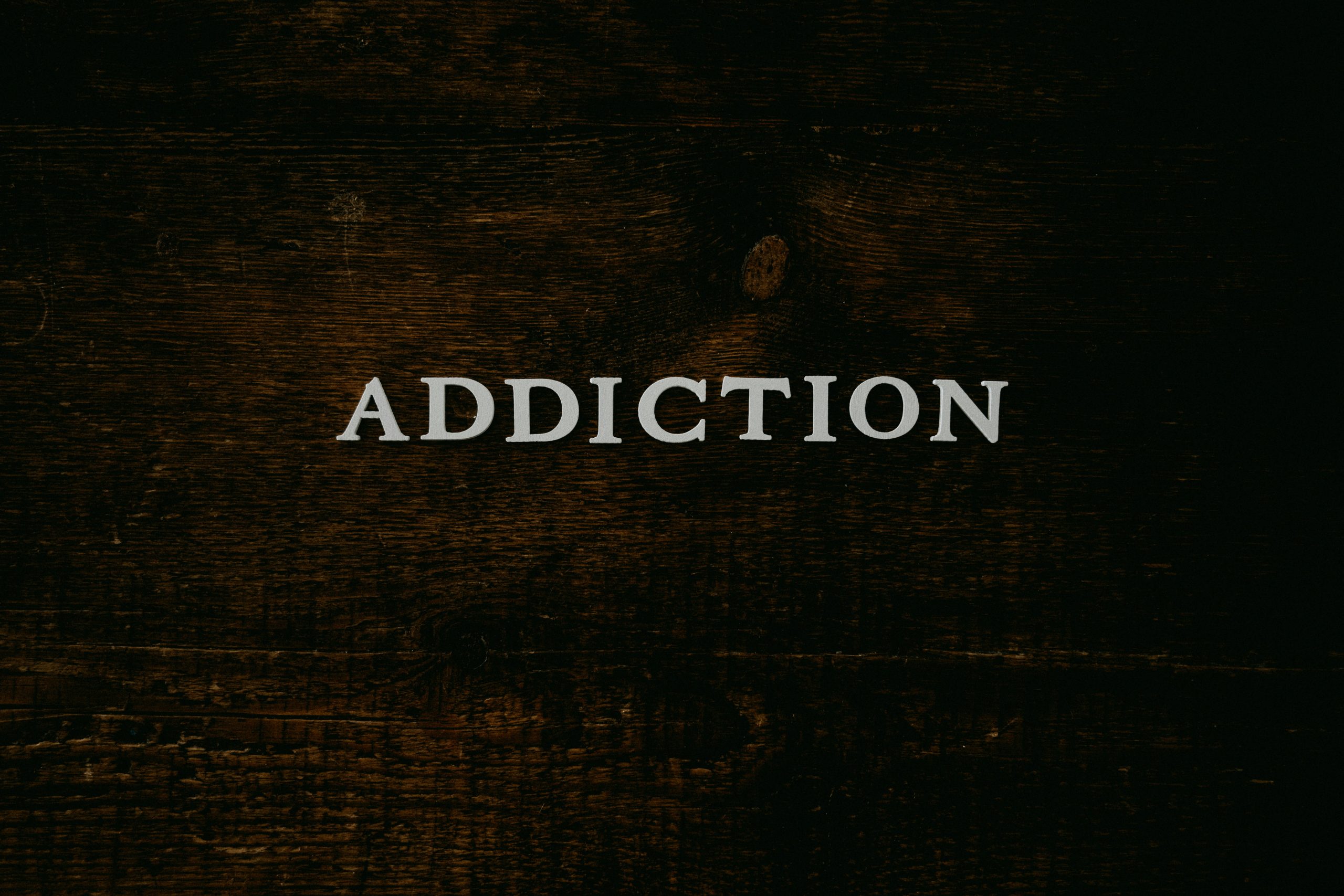How to tell if someone is misusing alcohol
There are some clear patterns and behaviours that point to a developing addiction.
Although there is much debate about the term “functional alcoholism” in the addiction community, it is used frequently in everyday speech, so clearing misconceptions is helpful.
Someone with an alcohol use disorder, generally called being an alcoholic, may be functioning, but that doesn’t mean they are functioning well or in every area of their lives. When you talk about alcohol abuse and addiction, keep that in mind.
Who Is a High-Functioning Alcoholic?
A high-functioning alcoholic appears to be in control of their drinking and behaviour. They might drink too much or too frequently, but despite potential substance abuse, they seem okay in several areas. People often consider the social success standards listed below and mistakenly think that someone is “functioning” or doesn’t have an alcohol use disorder if they:
• Have a satisfying relationship and a happy family
• A nice home
• A stable job
• Creative pursuits or hobbies
But it might just be an illusion. A high-functioning alcoholic may be under a lot of stress while maintaining their drinking and all the trappings of a conventional lifestyle. To keep their alcoholism under control and untreated, the appearance that they are functioning may be carefully manufactured. It becomes challenging to determine their genuine relationship with alcohol as a result.

How to Recognise a High-Functioning Alcoholic
No single factor can determine whether a person is a high-functioning alcoholic because “functioning alcoholism” is an informal term and because the effects differ from person to person.
However, you can inquire about their relationship with alcohol to ascertain whether a substance use disorder exists by doing so. Here are some queries to think about:
• Has the person’s alcohol use ever caused problems in your relationship?
• Has alcohol caused them to abandon any goals or aspirations?
• Do they ever defend their alcohol consumption?
• Do they have set aside or secure times to consume alcohol?
• Do they lose control if they drink once a day or once a month?
• Has their drinking had any negative legal repercussions?
Look at their interaction with alcohol. Although their drinking may appear functional, alcohol consumption may have unintended consequences. Even if specific, well-known indications of addiction, like a DUI or a job loss, are absent, those outcomes may still occur. Additionally, you can watch for other less obvious signs that point to an alcohol use disorder.
What Would Drinking Look Like for a High-Functioning Alcoholic?
Functional alcoholics drink in the same ways as anyone with an alcohol use disorder does, with the same results. The two differ in their social definitions of success. Addiction still carries a stigma that suggests those who struggle with it must be unemployed, homeless, or of lower socioeconomic standing. But those notions are false. Everyone is affected by addiction. The pattern of use and the relationship to drinking are what matter when it comes to alcoholism, not the social success ideals that are linked to the idea of functional alcoholism.
Following are some typical usage patterns and effects, both functional and not, that people with alcohol use disorders encounter:
- When they drink, they lose control
- They place a high priority on their drinking and get upset or frustrated when something gets in the way of it
- They make repeated commitments to moderation or abstinence
- They drink alone at home
- They experience frequent performance issues at work or in other areas
What Indicates an Alcoholic Can No Longer Function?
A person can change from being functional to being non-functional. This implies a loss of control and escalating alcohol dependence, two indicators of substance use disorders. A common warning sign for alcohol use disorders is continued use despite serious consequences. Here are some examples:
- They frequently become very drunk or lose control
- Embarrassing situations occur more often
- They start to crave alcohol
- They cannot quit despite serious consequences like a DUI or health problems
- They experience withdrawal symptoms when they are sober
- They go to great lengths to conceal their use
- Their tolerance is growing – they have to drink more to get intoxicated
It’s crucial to seek medical advice if cravings and withdrawal have gotten out of control. Delirium tremens, a withdrawal symptom brought on by alcohol withdrawal, has the potential to be fatal. A safer and more efficient alternative to self-detoxing is medically supervised detoxification. Find a detox service to get going.
How Does Alcoholism Affect the Family?
Addiction can have a significant impact on the home and family. Inadvertently, the functional alcoholic establishes the norms for interactions and conduct with others. Here are a few instances of how addiction might negatively impact your home and warning signs that a functional alcoholic is setting the ground rules, frequently unconsciously:
- A child might stop inviting friends over
- Family members might be on edge all the time
- Everyone else’s mood and temperament are affected by the functioning alcoholic’s attitude
- Family members start to internalise the functioning alcoholic’s outbursts, which makes them think they are flawed

Any Advice for Living with an Alcoholic?
Find a support group like Al-Anon if you are worried about a loved one who drinks. Regardless of whether your loved one concurs, their actions impact you, and you should receive support from others. Other options include:
- Individual or group therapy
- Consulting with educational materials and books
- Participating in online support groups
You are never alone because many people go through the same things and are here to help you. The resources provided by AddictionsUK for families of alcoholics can assist in setting your family’s path to recovery.
If you or a loved one is struggling with addiction, call Freephone at 0800 140 4044
Freephone: 0800 140 4044
Local rate: 0300 330 3040



